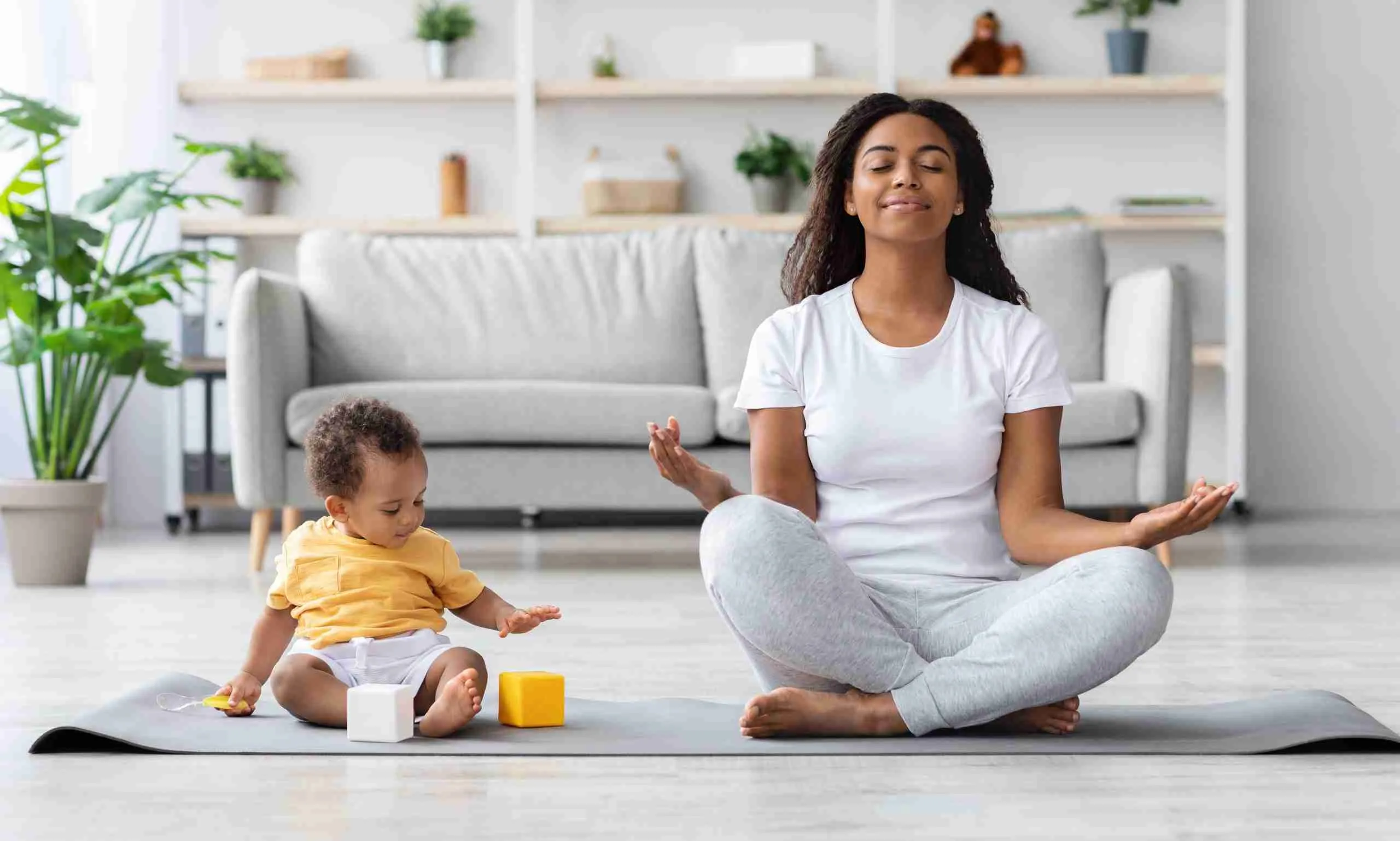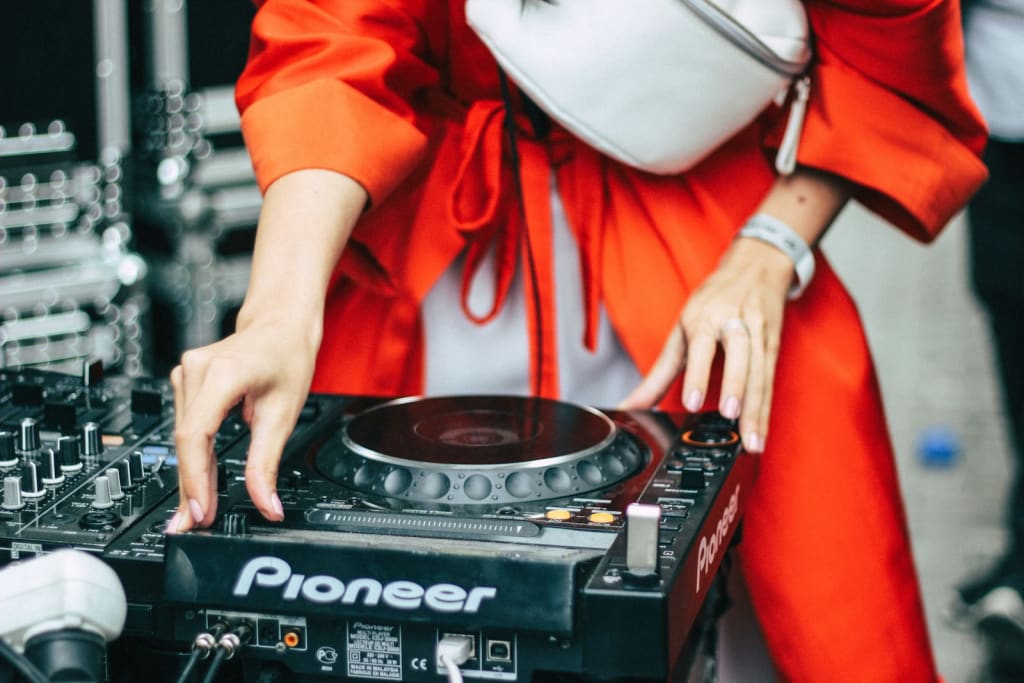Introduction
When people hear the word “lifestyle,” they often think of luxury—brunches, vacations, or curated Instagram feeds. But in reality, your lifestyle is simply the result of your daily habits, priorities, and values. It’s not about how much money you spend, but how intentionally you live. In a world that moves fast and demands more, creating a lifestyle that supports your well-being is no longer optional—it’s essential. Let’s explore how small, sustainable changes can upgrade your lifestyle and dramatically improve your quality of life.
The Power of Routine
A well-designed routine is the foundation of a strong lifestyle. While spontaneity has its place, consistent habits are what shape your health, productivity, and peace of mind.
Morning Matters
Your morning sets the tone for the rest of the day. Whether it’s journaling, stretching, drinking a glass of water, or simply avoiding your phone for the first 30 minutes, having a mindful morning ritual creates clarity and intention.
Evening Wind-Down
Equally important is how you end your day. A relaxing bedtime routine—like reading, lighting a candle, or taking a warm shower—signals your brain to unwind. Sleep quality directly affects energy, mood, and even metabolism, so don’t underestimate your night routine.
Lifestyle and Mental Health
Your lifestyle choices directly impact your mental well-being. The way you eat, move, socialize, and spend your time plays a major role in how you feel every day.
Create Space for Stillness
Busy doesn’t equal happy. Incorporating moments of stillness—whether through meditation, quiet walks, or digital detox time—gives your brain room to breathe. Mindful living reduces anxiety and helps you respond to life instead of reacting.
Social Energy Check
Who you spend time with matters. Surround yourself with people who uplift, challenge, and support you. A healthy lifestyle includes boundaries with energy-draining relationships and prioritizing connections that make you feel seen and valued.
Healthy Living Made Simple
You don’t need to overhaul your entire life to live well. Instead, build your lifestyle one step at a time with choices that are enjoyable and realistic.
Move Daily
Exercise doesn’t need to mean hitting the gym every day. It can be dancing in your room, walking to your favorite café, or doing yoga for 10 minutes. The goal is to move your body in a way that feels good—and keep it consistent.
Eat With Awareness
Instead of strict diets, focus on mindful eating. Fuel your body with nourishing foods most of the time, and leave space for joy (yes, that means dessert too). A balanced lifestyle respects both health and pleasure.
Digital Diet
We often consume more information than food. Being constantly online can drain your mental energy. Try limiting screen time, muting toxic content, and spending more time in the real world. Your focus and happiness will thank you.
Designing Your Ideal Lifestyle
There’s no one-size-fits-all lifestyle. What works for someone else might not work for you—and that’s okay. The key is to design a life that feels aligned with your own values, pace, and purpose.
Define Your Priorities
Ask yourself: What truly matters to me? Health? Freedom? Creativity? Connection? Once you identify your priorities, you can shape your time and energy around them.
Edit Often
Your lifestyle is allowed to evolve. As your goals and seasons change, your habits and schedule should adapt too. Check in with yourself regularly to make sure you’re living in alignment—not just going through the motions.
Conclusion
Lifestyle is not a luxury—it’s your everyday life, and it’s worth designing with care. By making small but intentional changes, you can transform your health, mindset, and happiness over time. Whether it’s waking up earlier, spending more time offline, or choosing foods that energize you, these changes compound into a life you genuinely love. Remember: You don’t need a perfect plan. You just need to start, one small step at a time.









